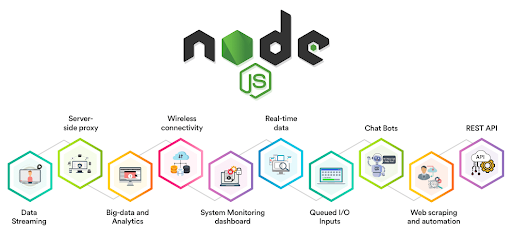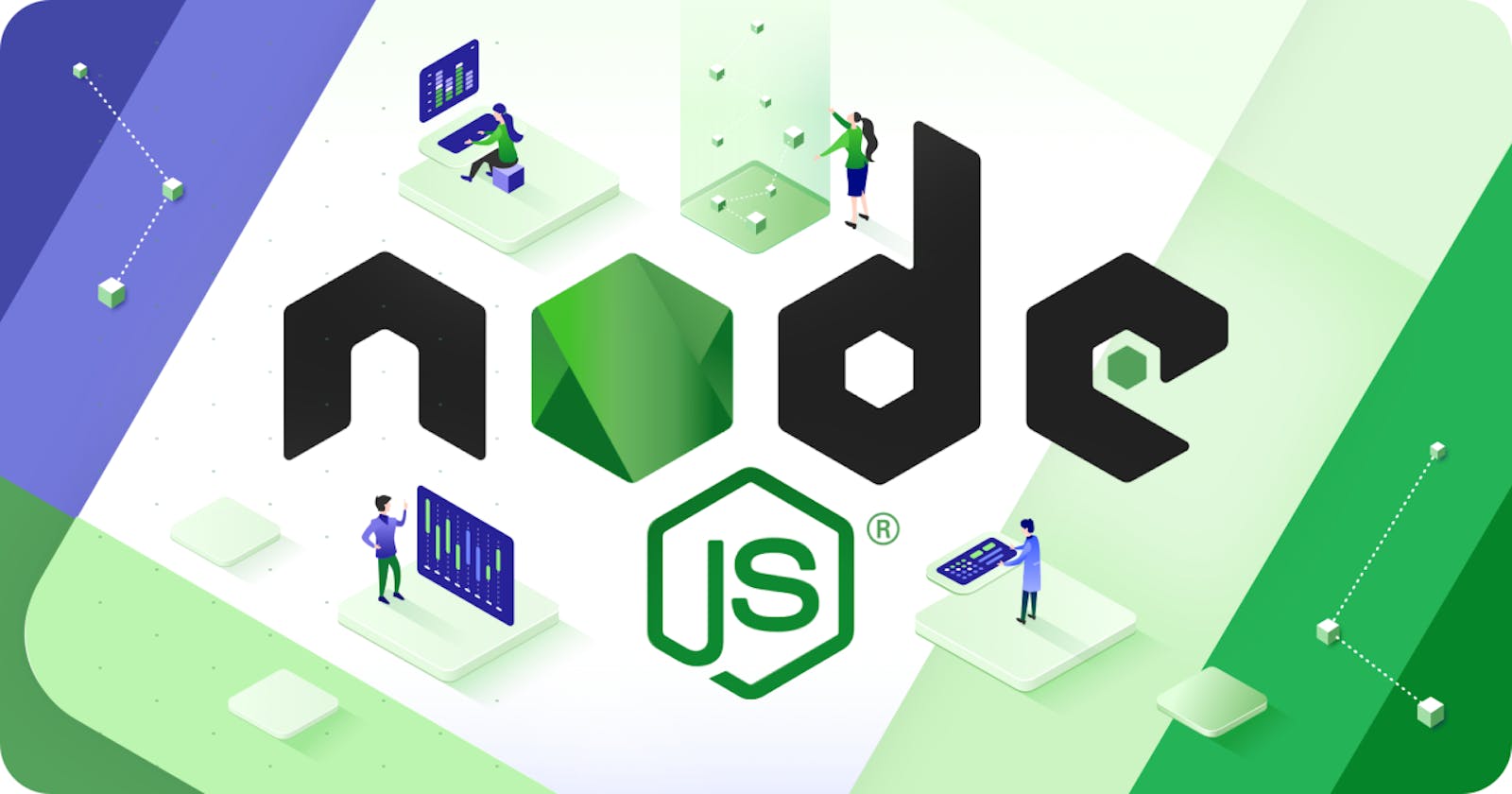In the dynamic world of web development, the choice of technology stack plays a pivotal role in determining the success and scalability of your applications. One technology that has garnered immense attention and popularity in recent years is Node.js. In this blog post, we'll delve into the features and capabilities of Node.js and explore how it empowers developers to build scalable and efficient web applications.

Understanding Node.js
At its core, Node.js is a JavaScript runtime built on Chrome's V8 JavaScript engine. Unlike traditional server-side technologies, Node.js enables developers to write server-side code using JavaScript, a language primarily associated with client-side scripting. This unification of languages simplifies the development process and promotes code reuse across the entire application stack.
Asynchronous and Event-Driven Architecture
One of the defining characteristics of Node.js is its asynchronous, event-driven architecture. Instead of relying on threads to handle multiple connections concurrently, Node.js operates on a single-threaded event loop, making it highly efficient for I/O-bound operations. This non-blocking nature allows Node.js to handle thousands of concurrent connections with minimal resource consumption, making it ideal for building real-time applications such as chat platforms, streaming services, and online gaming portals.
Scalability and Performance
Node.js excels in scalability, thanks to its lightweight and modular design. By leveraging its event-driven architecture and support for asynchronous programming, developers can easily scale Node.js applications horizontally across multiple processes or machines, ensuring optimal performance even under heavy loads. Additionally, Node.js integrates seamlessly with cloud platforms and container orchestration tools, further enhancing scalability and deployment flexibility.
Ecosystem and Community Support
One of the key strengths of Node.js is its vibrant ecosystem and extensive library of npm (Node Package Manager) modules. With over a million packages available for download, developers can quickly find and integrate pre-built solutions for a wide range of functionalities, from database integration and authentication to third-party API integration and front-end frameworks. Moreover, the active community surrounding Node.js provides invaluable support, documentation, and best practices, making it easier for developers to overcome challenges and stay up-to-date with the latest trends and technologies.
Real-World Applications
Node.js has found widespread adoption in various industries and use cases, ranging from e-commerce platforms and content management systems to IoT (Internet of Things) devices and microservices architectures. Companies such as Netflix, PayPal, LinkedIn, and Uber have embraced Node.js for its performance, scalability, and developer productivity, showcasing its versatility and suitability for building mission-critical applications at scale.
Conclusion
In conclusion, Node.js has revolutionized the landscape of web development, offering developers a powerful and versatile platform for building scalable and efficient web applications. With its asynchronous and event-driven architecture, seamless scalability, extensive ecosystem, and active community support, Node.js empowers developers to tackle complex challenges and deliver innovative solutions that meet the demands of today's dynamic digital ecosystem. Whether you're a seasoned developer or a newcomer to web development, Node.js presents an exciting opportunity to unleash your creativity and build the next generation of web applications.
